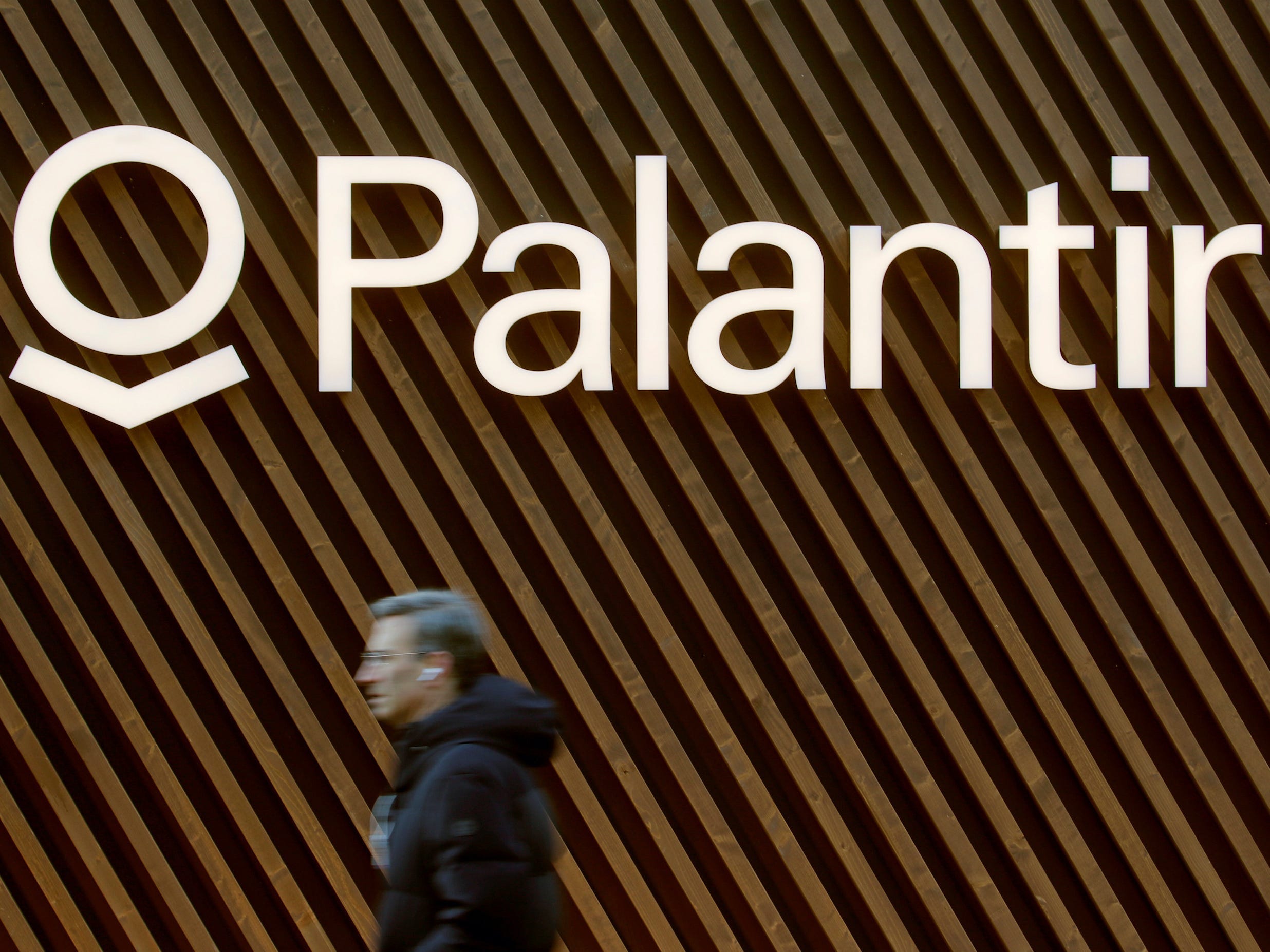Meet the two twenty-somethings running Palantir's healthcare AI business
Palantir is a technology company known for its AI-powered software solutions. It has been successful in helping top health systems save millions of dollars. The custom solutions provided by Palantir are tailored to meet the specific needs of these health systems. The use of AI technology has been instrumental in achieving cost savings and improving operational efficiency. Overall, Palantir's contributions to the healthcare industry have been significant.

Jeremy David and Drew Goldstein are co-heads of healthcare at Palantir. Palantir launched its healthcare business four years ago, with two 25-year-olds at the helm. The $193 billion data giant builds AI tools for health systems like Mount Sinai and HCA Healthcare. Co-lead Jeremy David said healthcare now makes up 15% of Palantir's commercial revenue.
The Beginnings of Palantir in Healthcare
Jeremy David and Drew Goldstein had no healthcare experience when, in their mid-twenties, they set out to use Palantir's software platform to disrupt hospital operations. Now, they're working with top health systems like Mount Sinai and HCA Healthcare, competing with dozens of healthcare startups in the AI race.
The $193 billion data giant Palantir is best known for its AI-powered military surveillance software, which it sells to customers like the US Department of Defense, and data analysis tools for finance, which it sells to corporate clients like Morgan Stanley. But Palantir's healthcare business, which launched around four years ago, is picking up steam.
Rapid Growth in Healthcare Segment
David said the healthcare segment now accounts for about 15% of Palantir's commercial revenue, which reached $702 million in 2024. Palantir said it's helped hospitals save millions of dollars with its tech for healthcare revenue optimization and workforce management and improved patient outcomes with tools for everything from sepsis detection to hospital-at-home care.
David and Goldstein attribute the business's rapid growth to a combination of its robust partnerships — Palantir has signed numerous multiyear contracts with health systems such as Cleveland Clinic, Tampa General, and Nebraska Medicine — as well as its focus on AI at a time when, as Goldstein put it, "folks are worried about getting left behind, and starting to question if the partnerships they already had are actually creating any value."
Palantir's Advantage in Healthcare
Palantir's unfair advantage in healthcare is obvious: the company has a depth of resources and financial backing at its fingertips rarely afforded to healthcare startups, plus the software capabilities to build personalized AI-powered solutions for health systems. Palantir isn't entirely pushing out other healthcare companies, however.
The data company launched a partnership in March with R1 RCM, the revenue cycle management company acquired by TowerBrook and CD&R in a $8.9 billion take-private deal in August. Palantir also launched a program called HealthStart last year to equip healthcare startups with tools like Palantir's developer platform.
Transforming Healthcare with Palantir
Palantir kicked off its healthcare push in 2021, working with Cleveland Clinic and Tampa General, when Goldstein and David were both 25 years old. They were given a tall task: promise these giant healthcare institutions that, in two months, they would deploy Palantir's software customized for healthcare to drive value.
Goldstein and David, now 29 years old, set out to build software for health systems in three buckets: revenue cycle management, staffing and scheduling, and patient capacity management. For revenue cycle management, Goldstein and David set out to automate the whole process of how hospitals capture and manage revenue — from coding to submitting claims to handling insurance denials.
On the workforce management side, Palantir began working with Nashville-based HCA Healthcare in 2023 to create medical provider schedules with AI, taking into consideration clinicians' preferences and other staffing constraints.
Challenges and Criticisms
Palantir's entry into healthcare hasn't come without criticism. In 2023, the company won a roughly $415 million seven-year contract with the National Health Service in the United Kingdom to create a unified patient data platform. The contract was met with a public outcry over concerns that the data would be mishandled, in part because of Palantir's work with the US Immigration and Customs Enforcement.
Goldstein clarified that a separate team inside Palantir works with the NHS, and noted that he hasn't encountered the same degree of data privacy concerns in the US. In response to mention of the criticisms, he pointed to Palantir CEO Alex Karp's long history of outspoken support of American innovation — and outspoken criticism of Europe's pace of tech development.

